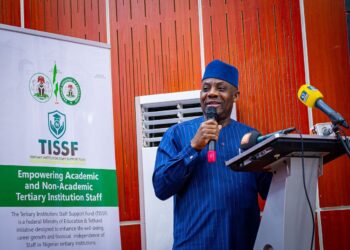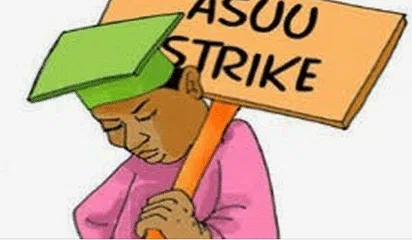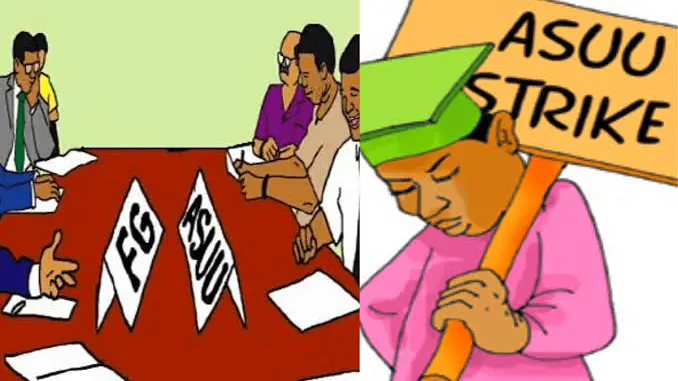The Federal Ministry of Education has moved swiftly to counter what it describes as false reports suggesting changes to the minimum age requirements for school admissions across Nigeria’s education system.
Education Minister Tunji Alausa issued a categorical denial on Saturday, specifically targeting claims published by The Punch Newspaper that alleged the government had raised the minimum age for Junior Secondary School admission from 10 to 12 years.
In his official statement, Alausa described the newspaper report as “false and misleading,” emphasizing that it did not originate from any government source and contradicts established educational policy.
“The Federal Ministry of Education has noted with concern a false and misleading publication by The Punch Newspaper claiming that the Federal Government has set a new minimum age of 12 years for admission into Junior Secondary School 1 (JSS1),” the Minister stated. “The Ministry wishes to categorically state that this report is entirely inaccurate, did not emanate from any official source, and does not reflect government policy.”
The Minister reaffirmed that current admission requirements remain unchanged, with the minimum age for JSS1 entry staying at 10 years. He stressed that no child should complete primary education before reaching this age threshold.
Alausa extended his clarification to cover tertiary education admission requirements, confirming that the minimum age for university entry remains firmly set at 16 years. He described this policy as “consistent, non-negotiable, and applies uniformly, regardless of how early a student may have completed secondary education.”
The Education Minister justified the 16-year minimum for university admission by citing the need to ensure students possess adequate “cognitive and emotional readiness” for higher academic challenges before entering tertiary institutions.
The government’s swift response appears designed to prevent confusion among educational stakeholders, parents, and students who might have been affected by the erroneous reports. Alausa specifically urged the public to disregard the misleading information entirely.
The Minister used the opportunity to call for greater responsibility from media organizations and educational institutions, requesting that they verify information through official channels before publication or implementation.
“The Federal Ministry of Education urges the public, educational institutions, and media organisations to always seek clarification from official channels before acting on or publishing unverified information,” Alausa stated.
He concluded by reaffirming the Ministry’s commitment to maintaining transparency in educational policy implementation, aligning these efforts with the current administration’s Renewed Hope Agenda.



















